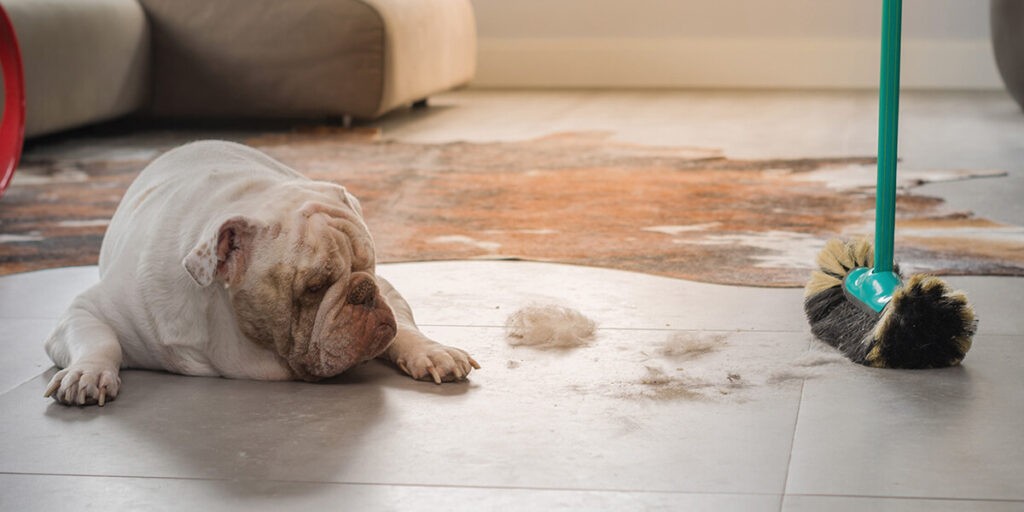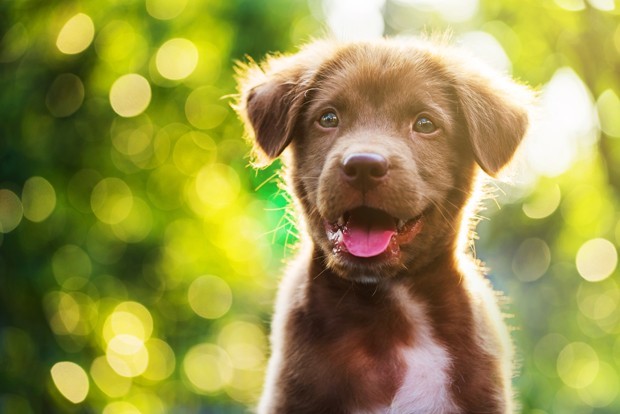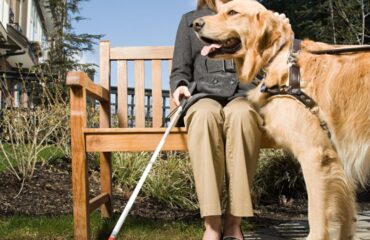
Protecting pets is not always an easy task, especially when faced with diseases such as animal leishmaniasis.
Because it is considered an infectious disease, the disease can be transmitted through a simple mosquito bite.
According to Jornal da Universidade de São Paulo, this disease is increasingly advancing in urban areas.
Another important point of this disease is the fact that it can also infect human beings with the same force of contagion.
So, if you want to understand more details about animal leishmaniasis and how to take better care of your pet, PETFriendly Turismo has prepared this content to help you better understand these issues.
What is animal leishmaniasis?

A leishmaniasis is a disease caused by a parasitic protozoan. Because there is no cure, this is a disease that should be avoided as much as possible.
Despite the importance of protection, you can help implement some measures to avoid any type of contagion at most, if you don’t ask.
In the end, or mosquito, for being the main transmitter of dessa doença, it is capable of reaching different organs.
Porém, the most affected of all, ends up being the animal’s immune system.
What are the main symptoms of animal leishmaniasis?
Symptoms of animal leishmaniasis can vary according to the degree of gravity of the disease, as well as to the breed of the contaminated pet.
No, we can highlight some of the most common reactions.
- Eye problems;
- Severe to moderate anemia;
- Continuous diarrhea;
- Frequent vomiting;
- Blood fezes;
- Body hair nodules;
- Loss of appetite;
- Lessons in internal organs.
What causes animal leishmaniasis?
In Brazil, as well as in most two countries with a tropical climate, leishmaniasis caused in dogs and cats occurs through the bite of the Lutzomyia longipalpis mosquito.
This transmitting insect can be known by other names, depending on the region in which you live.
Between them and possible ouvir:
- Mosquito-palha, birigui;
- Cancalha;
- Tatuqueira.
What are the types of animal leishmaniasis?

There are two types of animal leishmaniasis: visceral leishmaniasis and cutaneous leishmaniasis.
For this reason, it is essential to understand the differences between the two so that diagnosis and treatment are as effective as possible.
Visceral leishmaniasis
Visceral leishmaniasis, popularly known as kala-azar, affects limbs such as organs of the viscera, spleen and liver.
In addition, the bone marrow can also be damaged in more acute cases of this disease.
Ccutaneous or cutaneous leishmaniasis
Cutaneous or tegumentary leishmaniasis, popularly known as wild wound, has some skin wounds as its main symptom.
In this case, the tendency for the disease to evolve can occur, mainly, in the mucous parts of the body, such as the mouth and nose.
It can also be recognized through some features, such as:
- Redded;
- Oval;
- With delimited edges.
Which countries require testing for animal leishmaniasis?
Within Mercosur, only Uruguay requires the animal leishmaniasis test for the arrival of pets in the country at plane travel international.
Therefore, even though they are not required, you may be required to present this type of exam in other regions if requested.
In the European Union and the United States, the exam is not necessary to travel from one country to another, or within the country itself.
How to prevent animal leishmaniasis?
In some cases, leishmaniasis can put your pet’s life at risk, leading to death in more serious situations.
Because there is no cure, the best alternative to protect your dog, cat or any other animal is to take protection to the letter.
To let you know how to prevent efficiently, we have separated some good practices. Check it out.
Cleaning

To prevent the mosquito that transmits animal leishmaniasis from having an environment conducive to its proliferation, cleanliness is essential.
This is especially true when it comes to organic matter, including pet feces.
Another important point to highlight is the fact that places with poor sewage infrastructure can also be a focus for the spread of the disease.
For this reason, avoid these places to walk the animals or let them run wild, especially cats.
Screen protection
Protection screens are also a good alternative to prevent animal leishmaniasis mosquitoes from having access to the place where you live or where your pet lives.
The model indicated is with very small air passages, so that you avoid the entry of these animals.
Animal repellent
Another way to prevent animal leishmaniasis is through the use of repellents made exclusively for pets.
With this, through the use of this product, in addition to keeping your pet protected, you can avoid any type of skin irritation
Repellent collars
There are also collars that already have formulas in their own composition that repel the mosquito that transmits animal leishmaniasis.
Here, the maximum duration period is up to six months, making it even easier to protect your pet in the long term.
Vaccine against animal leishmaniasis
One of the most efficient ways to prevent animal leishmaniasis is vaccination.
The resource can be applied to puppies from the fourth month of life.
However, before the application, it is necessary to carry out the test to see if the pet is seronegative, that is, to prove that the animal does not have the parasite in its immune system.
This vaccine is usually given in three doses.
The time between applications is usually 21 days between each application.
In addition, it is recommended that you apply on an annual basis.
How is animal leishmaniasis treated?

Now, if your pet is diagnosed with animal leishmaniasis, contact the vet so that treatment can be started as soon as possible.
Visceral leishmaniasis can be treated with different drugs. Their combination can delay symptoms and alleviate symptoms and pain.
For the treatment of cutaneous leishmaniasis, it is necessary to carry out a follow-up of the wounds.
In this case, good hygiene to prevent the appearance of ulcers and infections is essential.
In addition, it is important to note that in some cases, cutaneous leishmaniasis can heal spontaneously.
But, in any case, seeking medical help is essential so that the disease does not evolve.
So, if you want to know more about animal diseases and how to prevent them, in addition to the best practices to ensure a safe trip for your pet, keep following our content on social media and get in touch!





You must be logged in to post a comment.